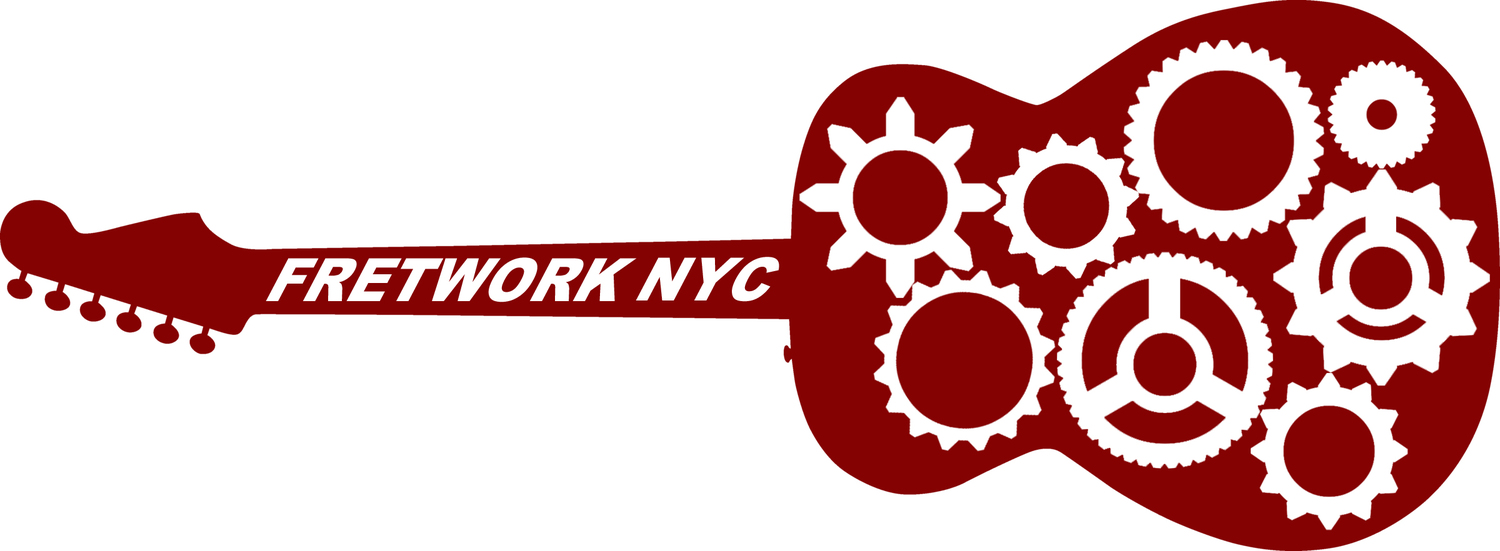Playing an instrument should not be forced. It just does not work. It is a hard long process to learn an instrument, it will not come easy. It only becomes easier with effective practice. Notice how I did not say just practice, but effective practice. What I mean by this, is to practice with purpose. Isolate what you want to work on and stay focused. Practice slowly, no need to rush. Let your mind and fingers find each other. Most times, our brains will be way ahead of our physical abilities. Playing the guitar places a great demand on our hands and fingers. We are not used to contorting our fingers into strange shapes on the fretboard while doing chords or playing leads. It takes time to develop what academics consider to be muscle memory. With repetition we will automatically develop an ability to play the guitar using minimal physical effort. We will automatically remember certain, chords, techniques and melody. That is why when we see and hear a good guitar player, it seems effortless. We could also obtain that status, but not without a tremendous effort.
Try and find a place in your home to set-up as a practice area. Do not practice where there are other distractions, such as in front of the television or computer. Make sure you find a quiet relaxing place with a comfortable chair. Now your mind is now set to practice effectively. Stretch your fingers and wrist, not too much. Loosen your muscles, just like a runner stretching before a run. I like to do a chromatic scale up and down the fretboard:
Start with the open string, place your index finger on the first fret, middle finger on second fret, and continue using all four fingers. One fret per finger, this is the first position and then continue on to the next string. If you are comfortable, go back up the strings. This will increase your dexterity for lead playing and help build your finger muscles. Make sure you use a metronome, eventually you will eternalize a sense of time and precise playing. Happy practicing.

